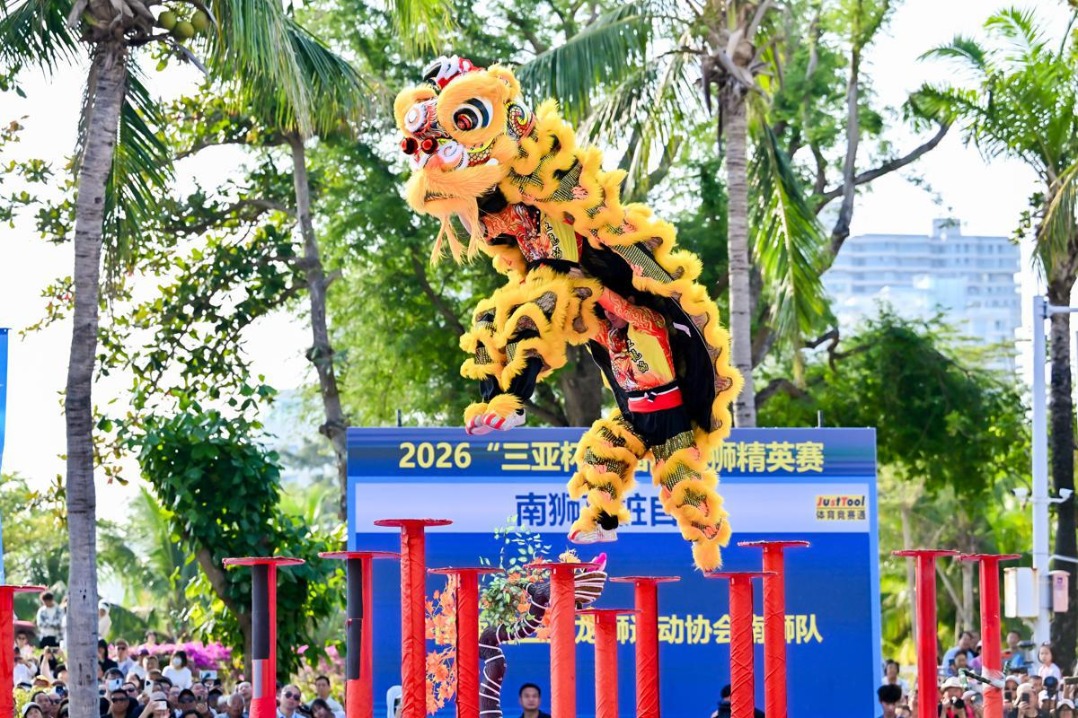Space skills help tackle water woes


China Aerospace Science and Industry Corp, a State-owned defense conglomerate, is using expertise gained in the space and defense sectors to help water and environmental protection authorities prevent water pollution.
Researchers and engineers at CASIC Smart Industry Development, a Beijing-based subsidiary that specializes in smart city solutions, have taken advantage of CASIC's satellite, system engineering, internet of things, software and sensor technology resources to design a sophisticated system to monitor and detect water pollution, with a trial program launched in Chongqing, the largest city in southwestern China.
Bai Jiao, project manager of the Chongqing water quality forecast and early-warning program, said on Tuesday that the joint endeavor by the Chongqing Environmental Monitoring Center and CASIC Smart Industry Development started in December. Engineers have finished design work for the system's basic structure and initial functions, and expect to submit it to experts for review and approval in April, he added.
The program will cover major rivers, reservoirs and lakes in the industrial hub, which is home to more than 31 million people and many factories. With the assistance of big data, cloud computing and artificial intelligence, it will be capable of collecting data from water bodies, forecasting water quality, assessing risks and hazards and tracing and analyzing pollution, as well as providing long-term solutions and emergency-response plans, Bai said.
"Upon its completion, we will be able to produce water quality forecasts for the next three to seven days, allowing water and environmental protection authorities to take measures ahead of possible pollution events caused by natural elements, such as algae blooms," he said. "In the long run, we will continue improving the system's accuracy, say to more than 80 percent, and also will work to make long-term forecasts, like two to four weeks."
Xing Jiandong, a chief designer in the program, explained the necessity of the new system.
"Currently, water management departments rely on their workers' on-site inspections and data collected through existing monitoring devices to determine whether there will be pollution," he said on Tuesday. "This method can't allow them to use preemptive measures, because when they find problems like algae blooms, the problems have usually already existed for a while.
"Our system will give them more time to prepare and use necessary measures."
As part of the trial program, 22 online water-quality monitoring devices, 10 streamflow monitoring apparatus, four dam inspection systems and some other instruments have been set up along the Tiaodeng River, Xing said.
He quoted river inspectors as saying the system's introduction has offered them a great deal of convenience and improved efficiency.
Bai and Xing were speaking on the sidelines of the 2020 Smart Industries Summit, which opened in Wuxi, Jiangsu province, on Tuesday.
- China moves to set national standards for pre-made dishes
- Chinese company unveils plans for commercial space flights
- Latest addition to Shiziyang Bridge constructions brings main tower above 300 meters
- Hebei's 'ancient pressure cooker' setting internet ablaze
- Major urban renovation restores Xi'an's ancient moat
- China launches nationwide employment assistance program





































